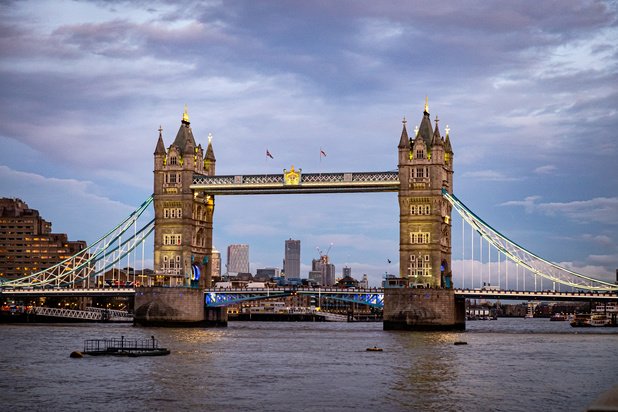The free trade agreement agreed by the EU and the UK on Christmas Eve and signed by the two parties today provides for zero tariffs and zero quotas on goods but leaves service outside the agreement.
The EU and the UK are major trading partners. In 2019, some 13% of the EU's total trade with third countries in goods was with the UK, whereas the UK relied on the EU for roughly half of its total trade in goods. But there is a big difference between goods and services. UK runs a surplus of almost €20 billion in services but a deficit of over €100 billion on trade in goods.
The Trade and Cooperation Agreement covers areas that are in the EU's interest. At the press conference on Christmas Eve, European President von der Leyen attributed the positive outcome to EU’s strong negotiation position, based on the fact that it is world’s largest single market. Services account for 80% of the UK economy but were largely left out of the trade deal.
While goods of all kinds, such as food, medicines and consumer goods, will continue to flow across the British border it will be less seamlessly than before. Even with the new agreement in place, businesses will face new trade barriers, leading to increased costs and requiring adjustments to integrated EU-UK supply chains.
As regards financial and other services, UK service suppliers will lose their automatic right to offer services across the EU. They may need to establish themselves in the EU to continue operating. In any event, they must comply with the – often varying – host-country rules of each member state and will not any longer benefit of a common access to the EU single market.
“The result of the deal is that the EU retains all of its current advantages in trading, particularly with goods, and the UK loses all of its current advantages in the trade for services,” commented Tom Kibasi, the former director of a British research institute, in an interview.
“The outcome of this trade negotiation is what happens with most trade deals: The larger party gets what it wants and the smaller party rolls over.” A high price for the UK and its citizens to pay for exiting the EU and regaining its sovereignty.
M. Apelblat
The Brussels Times

